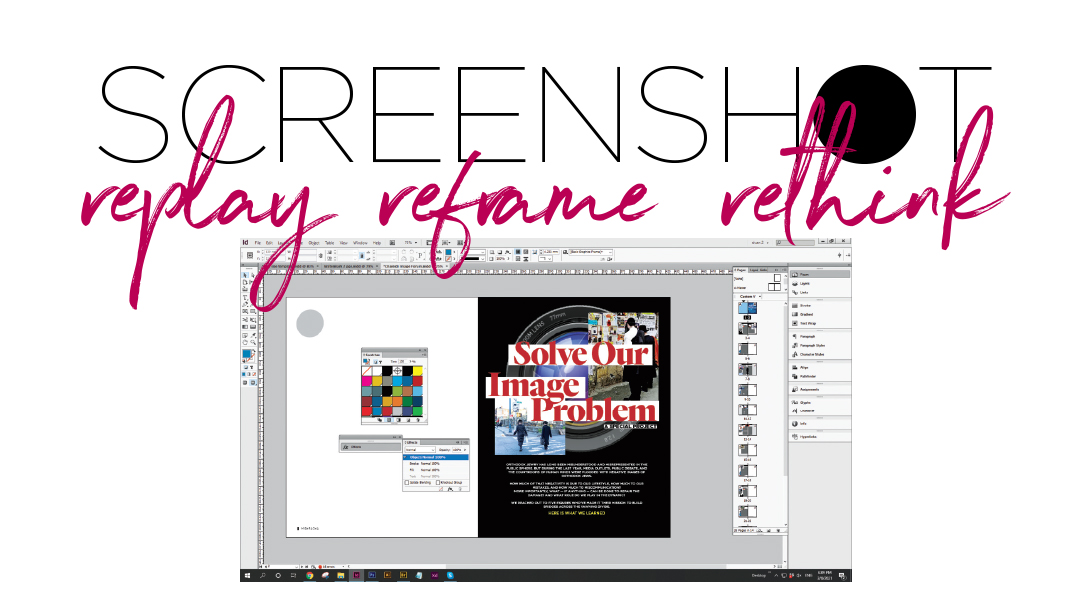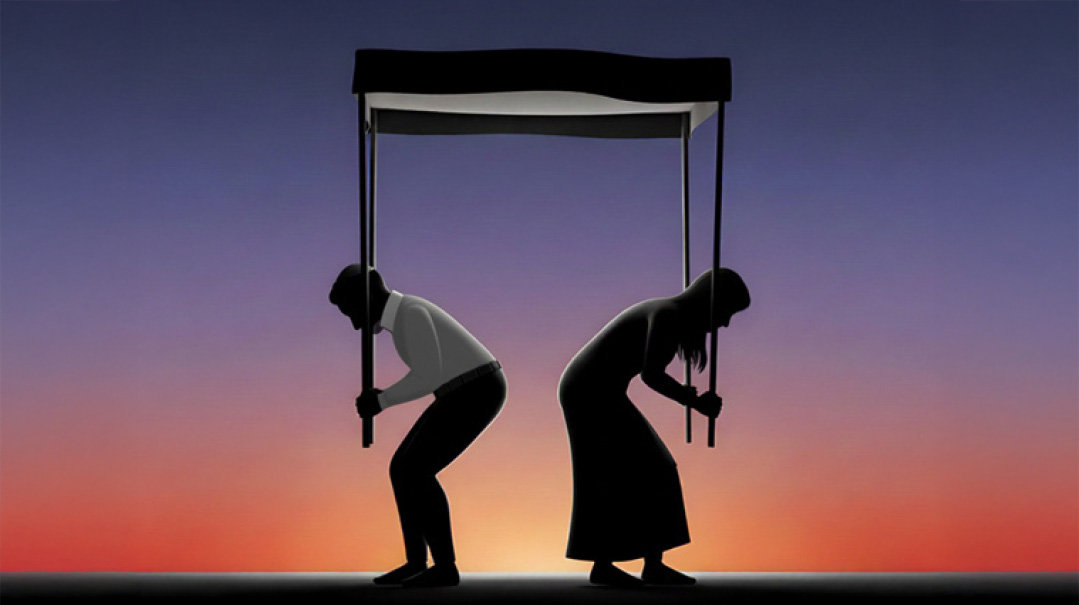Critical, Not Cynical

The overwhelming ratio of good gives the picture a different balance

If you’re a media-watcher and a committed Orthodox Jew, chances are you’ve had a tough year. You’ve absorbed a relentless streak of negative headlines, images, and analysis. There’s a lot of condemnation, a lot of outrage, a wholesale dismissal of entire communities.
There’s something else, too — an undercurrent of condescension. It sounds like this: Let us tell you where you’ve gone wrong, where your leaders have erred. Let us point out the systemic problems in your community. Let us broadcast to all you woefully blind people where you are failing.
In a way, that hurts more. Because we’re not blind to our issues. We know we have problems. We discuss, dissect, and debate them all the time — and even take steps toward solving them. But we also put them in a different context.
A very wise teacher of mine once said that what teenagers attack as “hypocrisy,” adults see as “inconsistency.” Hypocrisy is morally reprehensible, wholly inexcusable, and a reason to tar (and drop) an entire enterprise. Inconsistency, on the other hand, is painful, disturbing — and human. It’s something we all relate to and ultimately find a way to live with. Very few people can live up to their ideals at every moment of every day.
So what’s the dividing line between the outraged calls of hypocrisy in the public sphere, and the sometimes muted acknowledgment of inconsistency inside our own camp?
If you’d ask us, I imagine that most mainstream Orthodox Jews would say we’ve been affected, even hurt, at some point by the problems in our society. Sometimes the hurt and disillusionment are so great that they trigger true crises of faith. And no one can blame those who feel betrayed after experiencing so much pain. But for many of us, maybe even most, the hurt and disappointment remain part of a bigger picture that is pretty positive — a picture of belonging and kindness, of strong families and communities, of meaning and purpose.
When you weigh our community’s mistakes and deficiencies against the mass of striving, growing, functional individuals — parents who invest heart and soul in their children, educators who change lives, teenagers who are serious about their relationship with Hashem, chesed organizations and volunteer services and a culture of giving — then the less-than-perfect behavior doesn’t feel like scandalous hypocrisy. It can still be disturbing, it can still be upsetting, it can still be reason to call for change. But the overwhelming ratio of good gives the picture a different balance.
There’s another distinction, something less logical and more emotional. I suspect that lots of us would likely have become bitter and jaded over the years — we all have a story of rejection or betrayal or bruising pettiness — had we not leaned on a cushion of committed leaders and mentors, strong relationships with healthy families and friends who will go to bat for us and our children, and the feeling that we’re building on the hard work and heartfelt prayers of the generations that preceded us.
When faced with our communal inconsistencies, many of us bounce back not through logical constructs of percentages and proportions, but through the emotional piece. When things get rocky, you remember those moments when you thrilled with the sweetness of what this community stands for, what you are part of. A sweeping spiritual high like the Siyum HaShas. Watching that yeshivah bochur express his essence on Purim. Spending Shabbos in a hospital and receiving an outpouring of chesed from complete strangers.
When you have that emotional cushion, you have a soft landing for the inconsistencies and the failures. It softens the sharp edges and keeps you more tolerant, more forgiving, less cynical. With it, you can place the problems in the greater context of the positive. Without it, it’s no wonder that so many of the journalists and social-media commentators harp on the negative.
Several years ago, our editorial board was privileged to discuss Mishpacha’s vision and mandate with acclaimed posek Rav Asher Weiss. At that meeting he told us that the trick (and the challenge) in this business is to be critical but not cynical. It’s a mantra that we hold onto still.
It’s easy to see the problems and acknowledge the imperfections. But the work is to do that yet not grow bitter about a society that, while not unblemished, remains unmatched in its beauty, its positivity, its striving, and its G-dliness.
—Shoshana Friedman, Managing Editor
Originally featured in Mishpacha, Issue 852
Oops! We could not locate your form.







